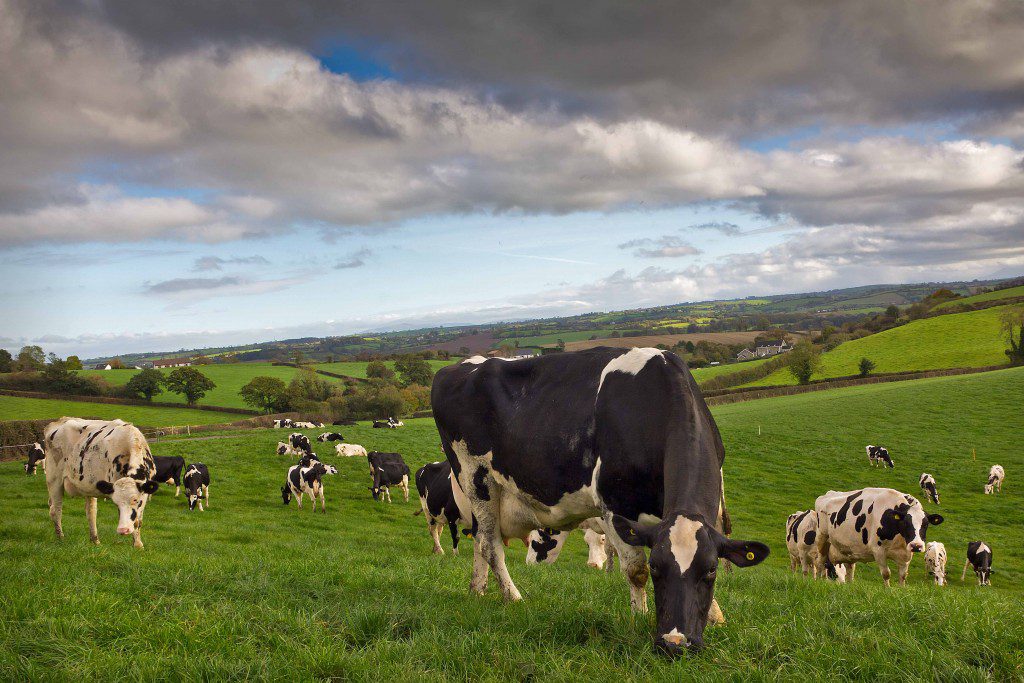Ireland is not seeing special exemptions in its attempts to reduce carbon emissions from the agriculture sector, according to the Minister for Agriculture, Michael Creed.
Minister Creed said that most of the required efforts are cost-reduction measures. “The key is the Council conclusions which said that there is a limit to what agriculture can achieve in terms of reducing the burden of its carbon footprint.”
Answering questions from the Fianna Fail spokesperson on agriculture Charlie McConalogue, he said that there are sustainable food production practices.
“Given the growing population, there will be 9 billion people to feed by 2050. Is it not far better to have food produced in an intensive way here, with a low carbon footprint, rather than having carbon leakage from across the seas with beef coming in from South America, for example?”
McConalogue said that the EU’s discussions on how we will meet our emissions targets for 2030 represent a big challenge for Irish agriculture.
“Outside New Zealand, Ireland has the largest proportion of emissions in the world coming from agriculture.
“One third of all Irish emissions are from agriculture, whereas the average figure across Europe is 10%. Any issues, therefore, concerning emissions targets for agriculture which are debated at European level are much more challenging for us than for anywhere else.”
He said a key in energy negotiations and reducing emissions is to ensure that when it comes to setting technical targets for methane and ammonia, a false economy is not brought into play by setting high targets.
“That would mean that other countries would end up producing more agriculture which is less carbon efficient, while the pressure is on Ireland.”
However Minister Creed said that Ireland is the most carbon-efficient producer of milk and through the beef data and genomics programme is targeting the beef sector to lighten its carbon footprint.
He also said that while Ireland might have the highest carbon emissions in Europe, it does not have heavy industry and that is the message that must be sold to the European Commission.
“We have the most carbon-efficient industrial sector inside the farm gate. We are involved in measuring the carbon footprint of every individual farmer in the country. We have to sell that message and get it across forcibly.”
